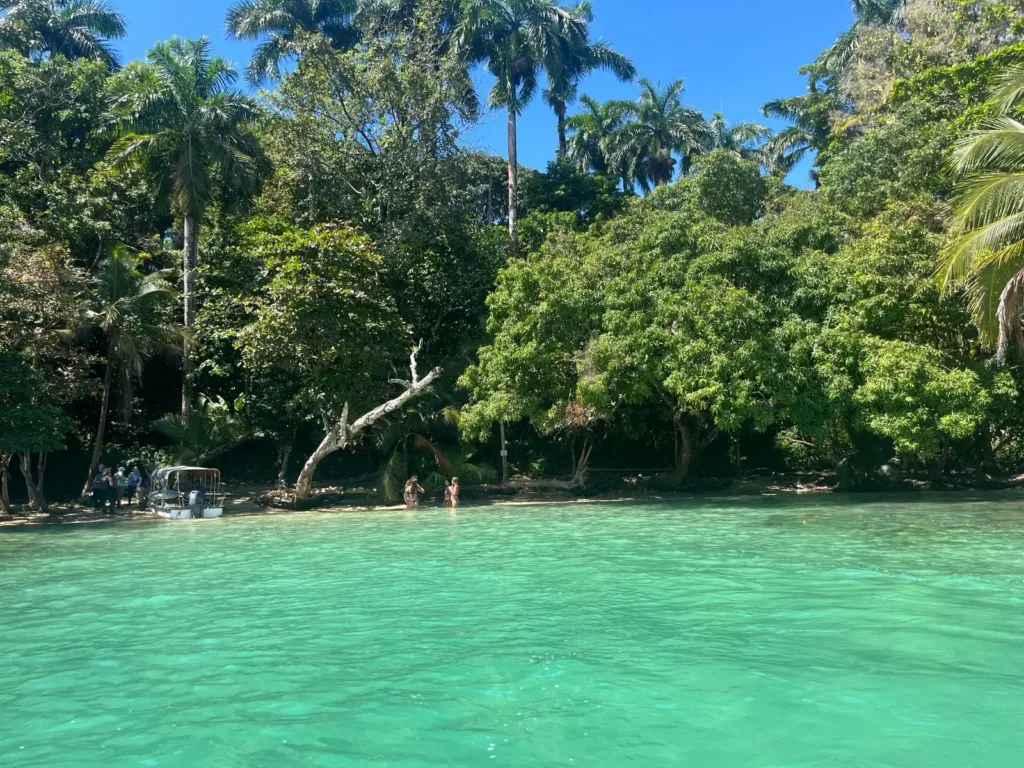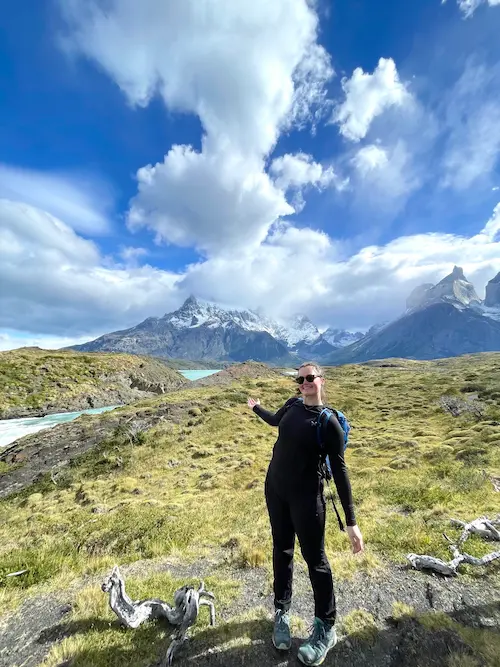Sustainability Efforts in Costa Rica: Where Are We Now?
It was about five years ago when students started to ask us: “How sustainable is the SFS Center for Sustainable Development Studies, anyway?” Good question. There were many different initiatives at that time, but not really a concerted effort. Besides being an educational institution, we are also a small farm with mango and orange orchards. So, we decided to become certified by the Rainforest Alliance as a sustainable farm, which ensures that we comply with a number of rigorous environmental and social criteria.
It turns out that running our own farm and maintaining the certification is a huge amount of additional work. From time to time it is good to just pause for a moment and return to the initial question. How sustainable are we? What have we achieved so far?
A few examples:
- We protect 3 hectares of forest, home to over 70 native tree species. By protecting our forest we help to maintain the connectivity along the Rio Grande Valley. We have counted more than 100 species of birds on campus and sometimes we are visited by howler monkeys, capuchin monkeys, two-toed sloths, grisons, or coyotes.
- Hundreds of native tree seedlings have been produced at the Center. Most trees are planted to protect watersheds surrounding Atenas, which suffers from increasing water stress.
- Our farm is managed organically, going beyond the requirements for our certification by the Rainforest Alliance. As a result, mango production has dropped by about 80%, however, the remaining harvest is sold, free of agrochemicals and of high quality. Orange production has stabilized at almost a ton of oranges per year, which are enjoyed by everyone at the Center. Students learn firsthand how to apply sustainable agricultural practices, such as integrated pest management.
- Besides mangoes and oranges, we produce our own milk, cheese, eggs, and some vegetables.
- In 2014, we composted 75% of our waste (by weight) and recycled another 11%, leaving only 14% for the garbage can. And we aim for less than that.
- Electricity consumption has decreased by 15% between 2010 and 2015.
- Water consumption has been cut by a third! And our grey waters are now treated in constructed wetlands.
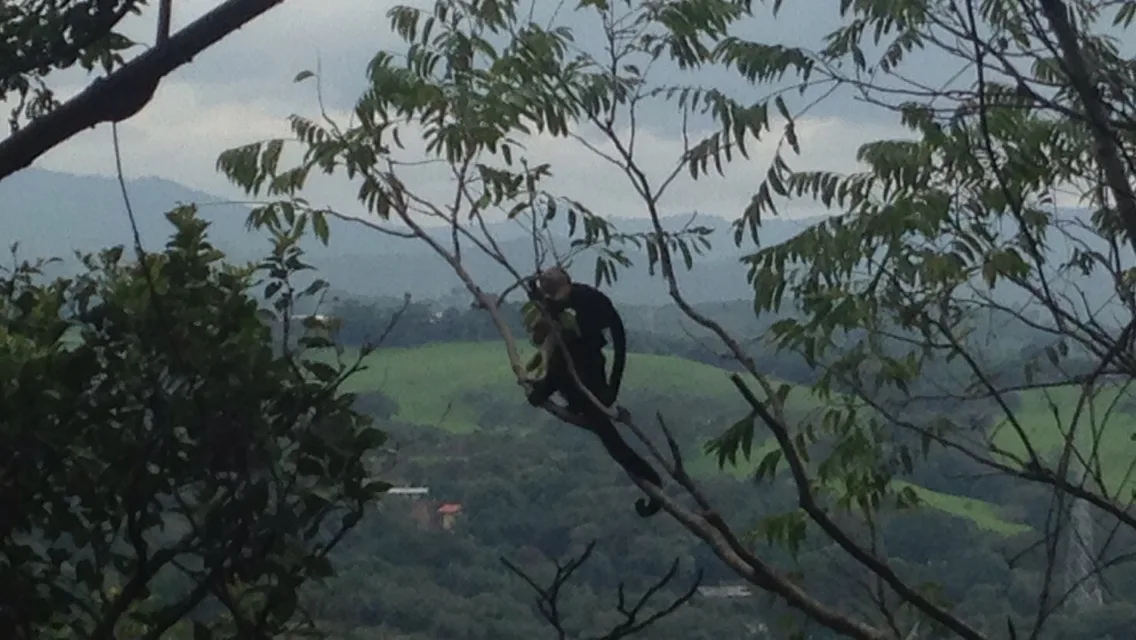
Photo: Michele Howard
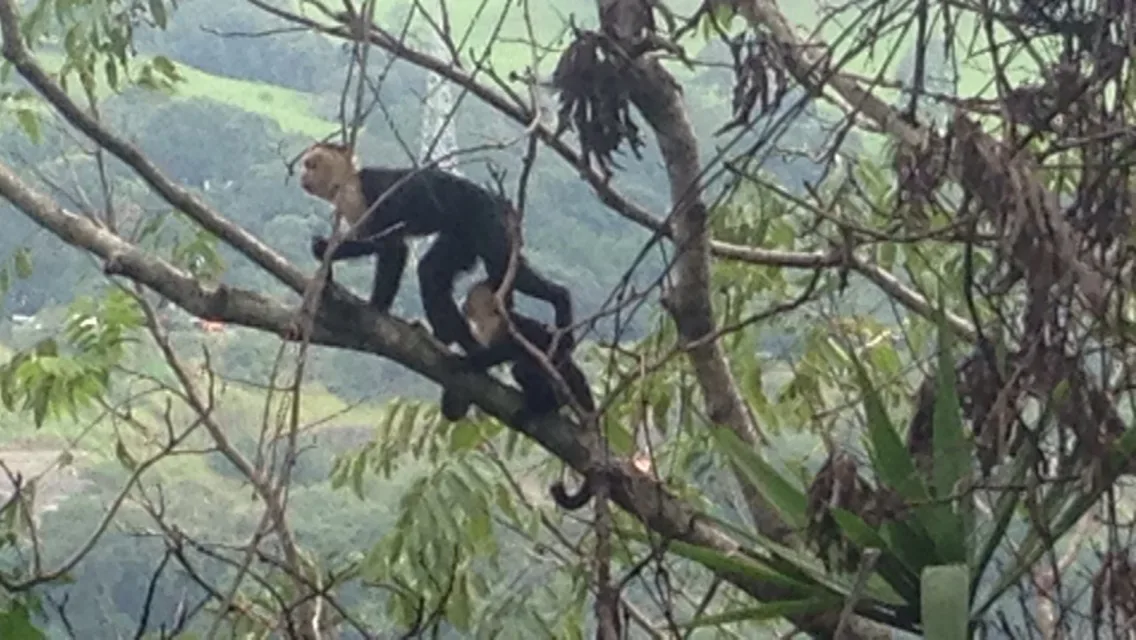
Photo: Michele Howard
But we are not stopping at our gates. Close cooperation with local partners is central to the mission of SFS. We have always aimed at contributing to sustainable solutions by our research and outreach activities, such as environmental education, stream clean-ups or reforestation. Implementing sustainable solutions is an ongoing process; it requires constant adaptation and re-thinking of issues. It is challenging and it is a great thing to work on, together with our partners and our students.
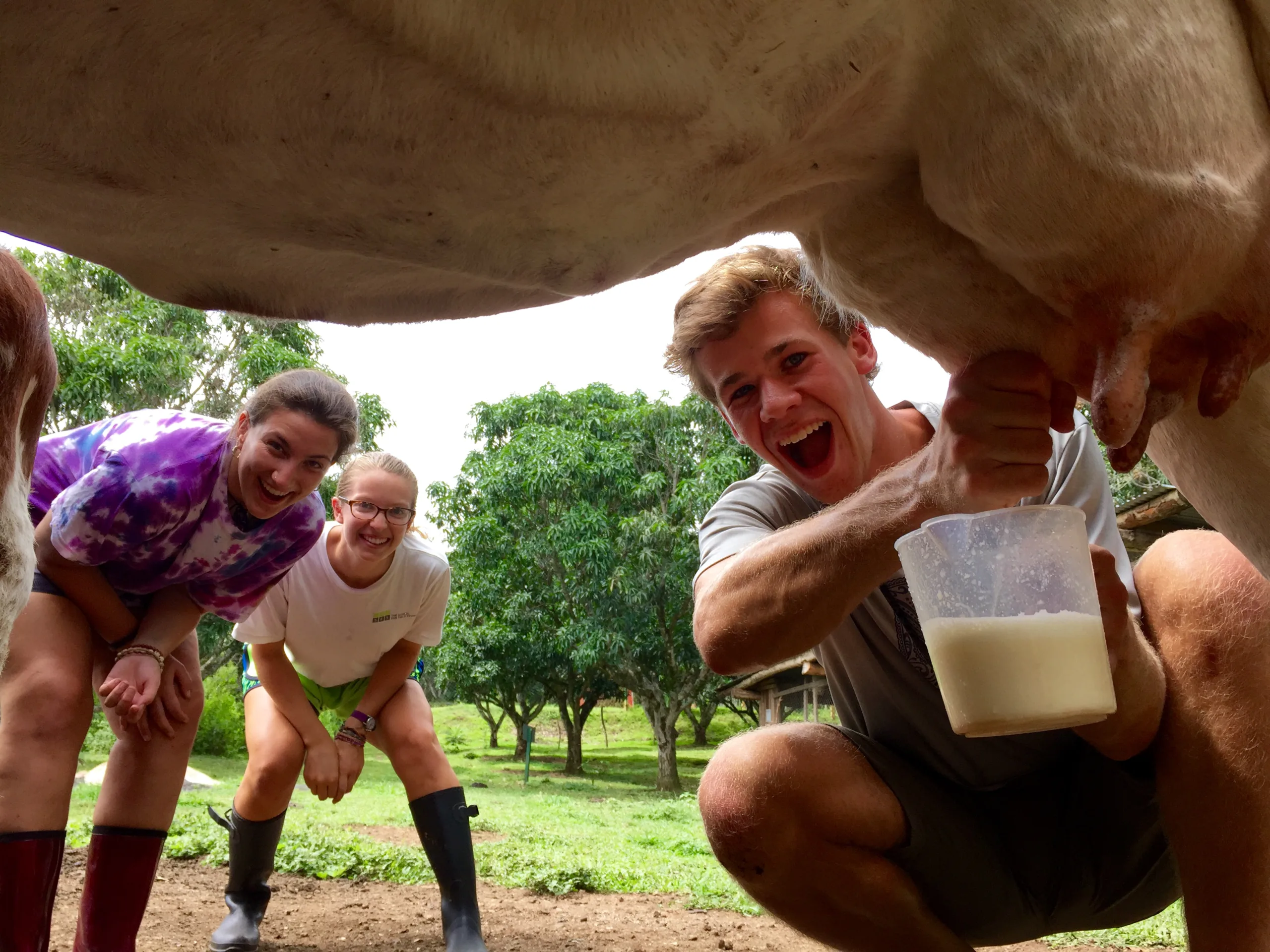
Photo: Peter Wedell
Related Posts

